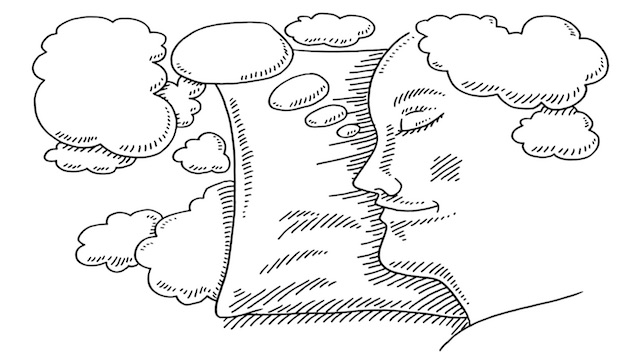 ISTOCK, FRANKRAMSPOTTScientists have long pondered why we sleep. Despite being nearly ubiquitous across the animal kingdom, the exact role of slumber remains an open question. While multiple studies suggest that, in both rodents and humans, it helps consolidate previously learned memories, the question of whether new information can be learned while snoozing has yet to be answered. A study published today (August 8) in Nature Communications reports that the sleeping brain can learn new information, but only during rapid-eye movement (REM) sleep, the stage when dreams typically occur.
ISTOCK, FRANKRAMSPOTTScientists have long pondered why we sleep. Despite being nearly ubiquitous across the animal kingdom, the exact role of slumber remains an open question. While multiple studies suggest that, in both rodents and humans, it helps consolidate previously learned memories, the question of whether new information can be learned while snoozing has yet to be answered. A study published today (August 8) in Nature Communications reports that the sleeping brain can learn new information, but only during rapid-eye movement (REM) sleep, the stage when dreams typically occur.
“One of the most interesting results of the current study is that the encoding of sensory memory is specific to certain sleep stages,” Thomas Schreiner, a postdoctoral researcher at Radboud University in the Netherlands who did not take part in the work, writes in an email to The Scientist. “While the authors made first steps in characterizing the neural circumstances of learning during sleep, clearly more research is needed to clarify the neural underpinnings of those processes.”
To assess people’s ability to learn during sleep, researchers played various acoustic patterns embedded in white noise to participants while they slept. “We decided to use [white noise] because it was a good example of something very complex . . . and we were interested in seeing whether ...















